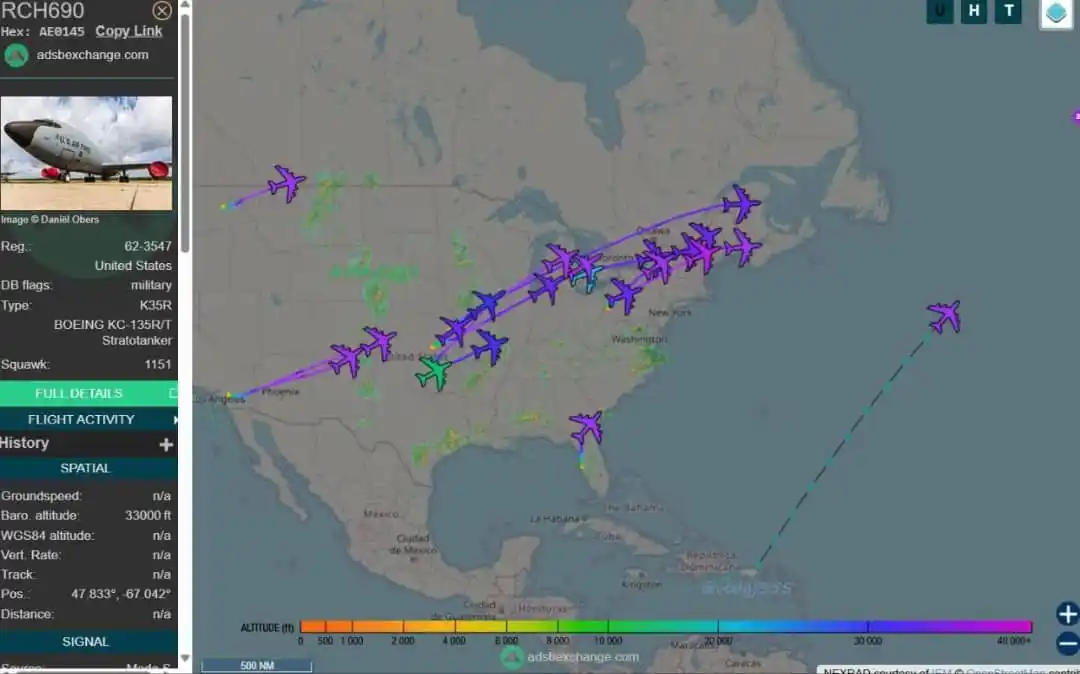
SAGE GLOBAL RESPONSE
170 subscribers
About SAGE GLOBAL RESPONSE
Media PR Company - Main Stream Plug 🔌 For Legit news updates . Club membership . Networking group , Committed to building an interactive platform where memebers can benefit from
Similar Channels
Swipe to see more
Posts

https://punchng.com/nigerian-hairstylist-arrested-in-india-with-n1-8bn-worth-of-drug/

https://blueprint.ng/how-air-peace-extorts-nigerians-daily-oshiomhole/

NO MESSAGE CAN TRIGGER REVIVAL MORE THAN THIS IN ALL CHURCHES! ENOUGH OF BREAD AND BUTTER CHRISTIANITY. THIS IS A CALL TO EVERYONE! I AM IN TEARS. I HAVE NOT DONE ANYTHING. I HAVE NOT STARTED AT ALL. 😭😭😭😭😭😭😭😭😭😭😭😭😭😭

https://www.nairaland.com/8450683/why-dont-regret-moving-abroad

https://www.chronicle.ng/news/soyinka-tinubu-killings-giwa-ige-abiola/

https://dailytrust.com/wike-to-relocate-traders-at-apo-mechanic-village/

https://techpoint.africa/news/nigeria-meta-ai-accelerator/

https://blueprint.ng/benue-killings-tinubu-orders-security-chiefs-to-implement-directives-tasks-alia-on-reconciliation/

https://www.thisdaylive.com/2025/06/15/police-extend-grace-period-on-enforcement-of-tinted-glass-permit-to-august-12/














